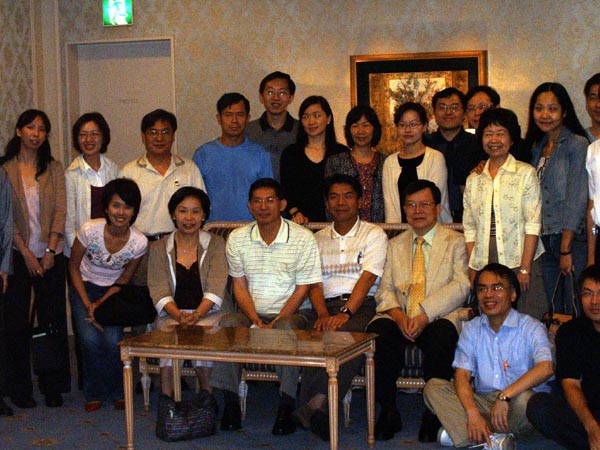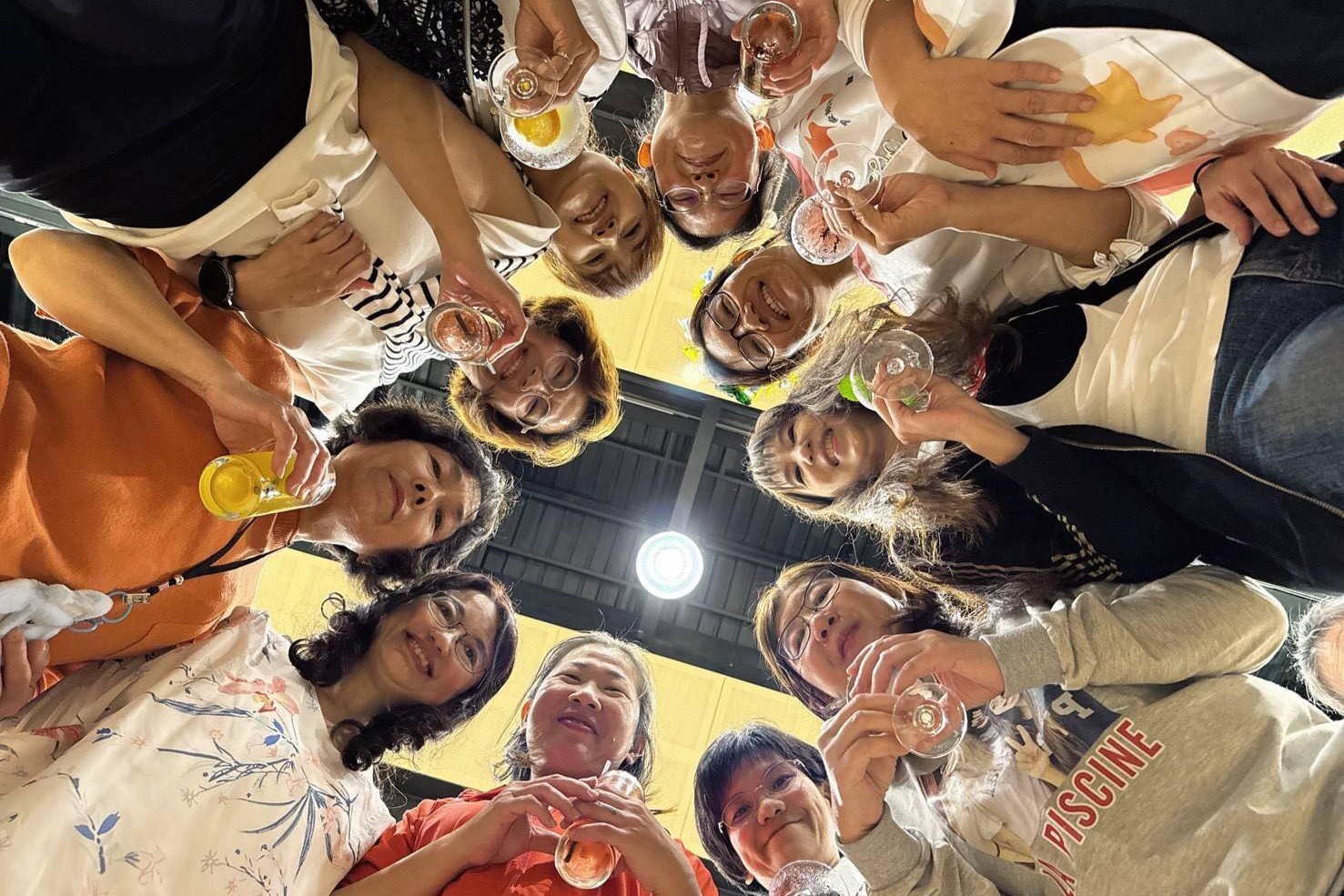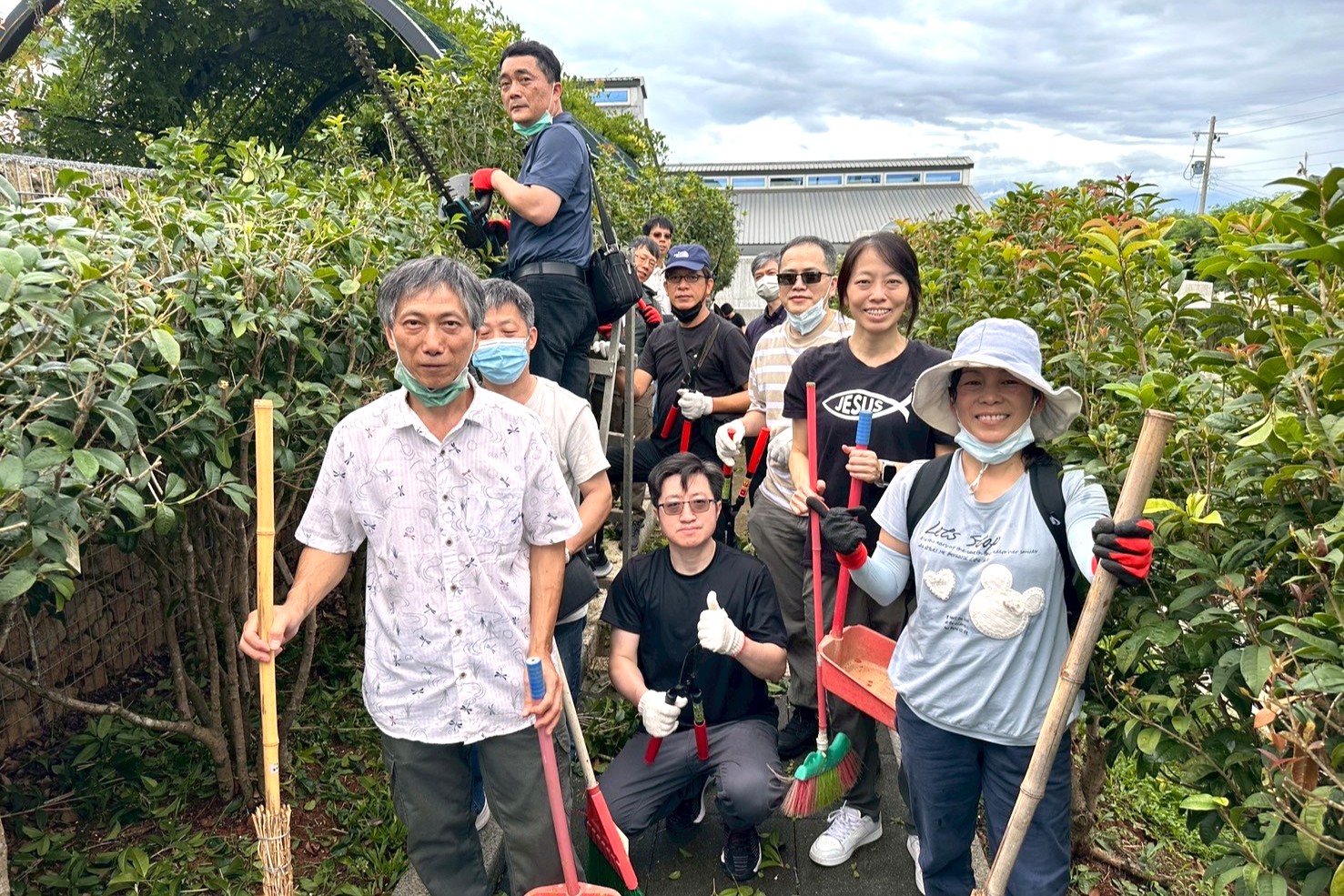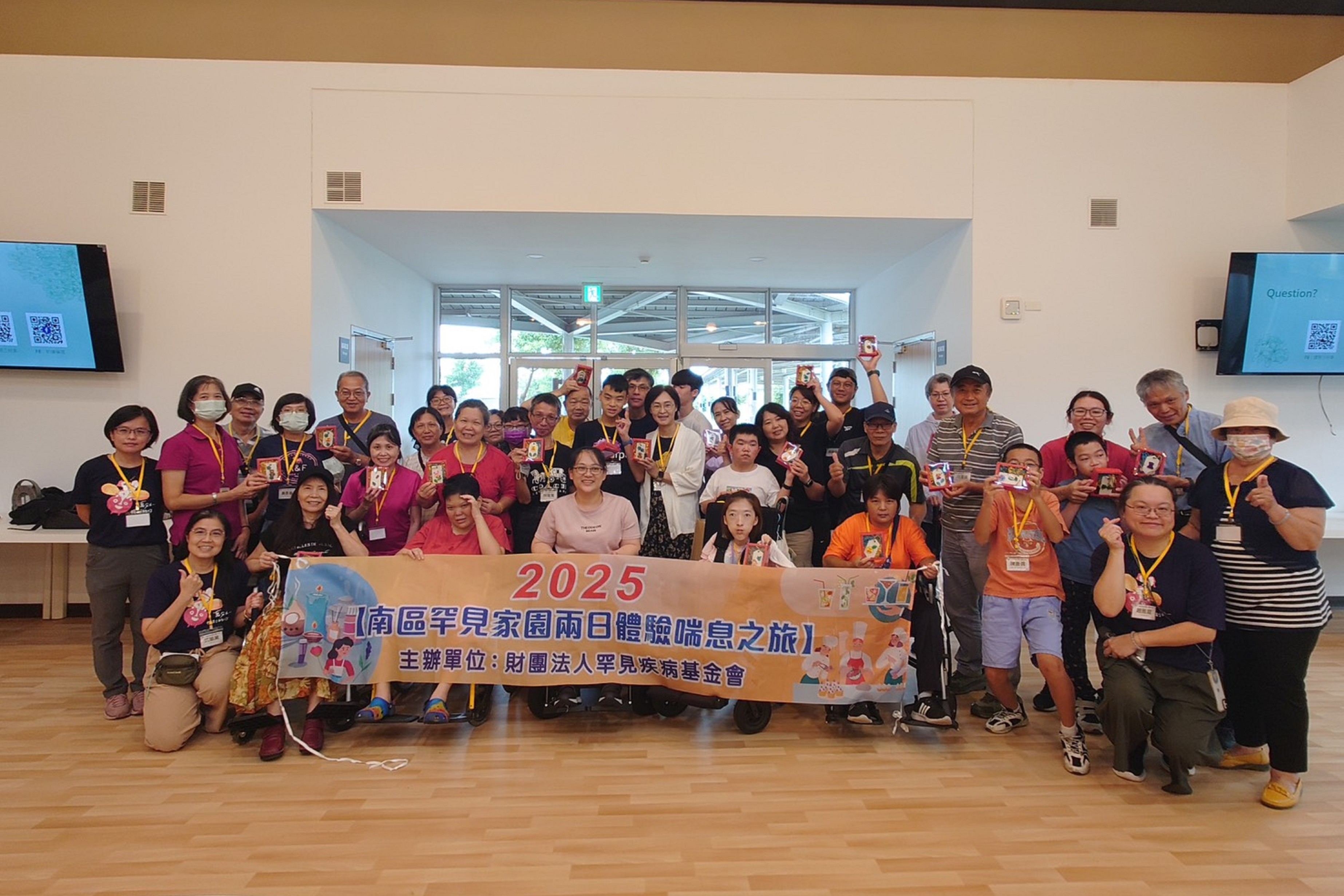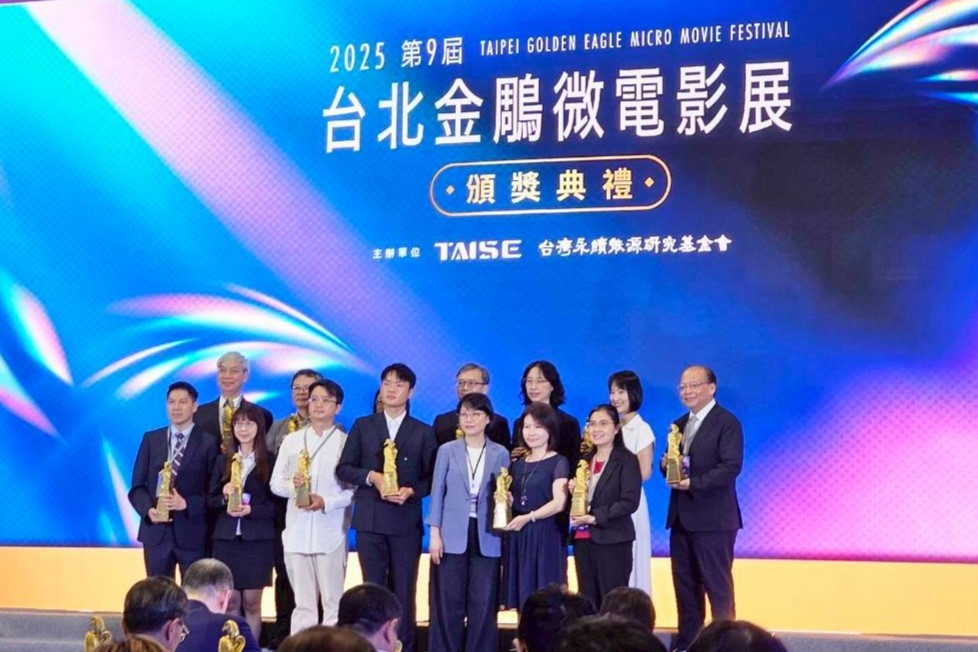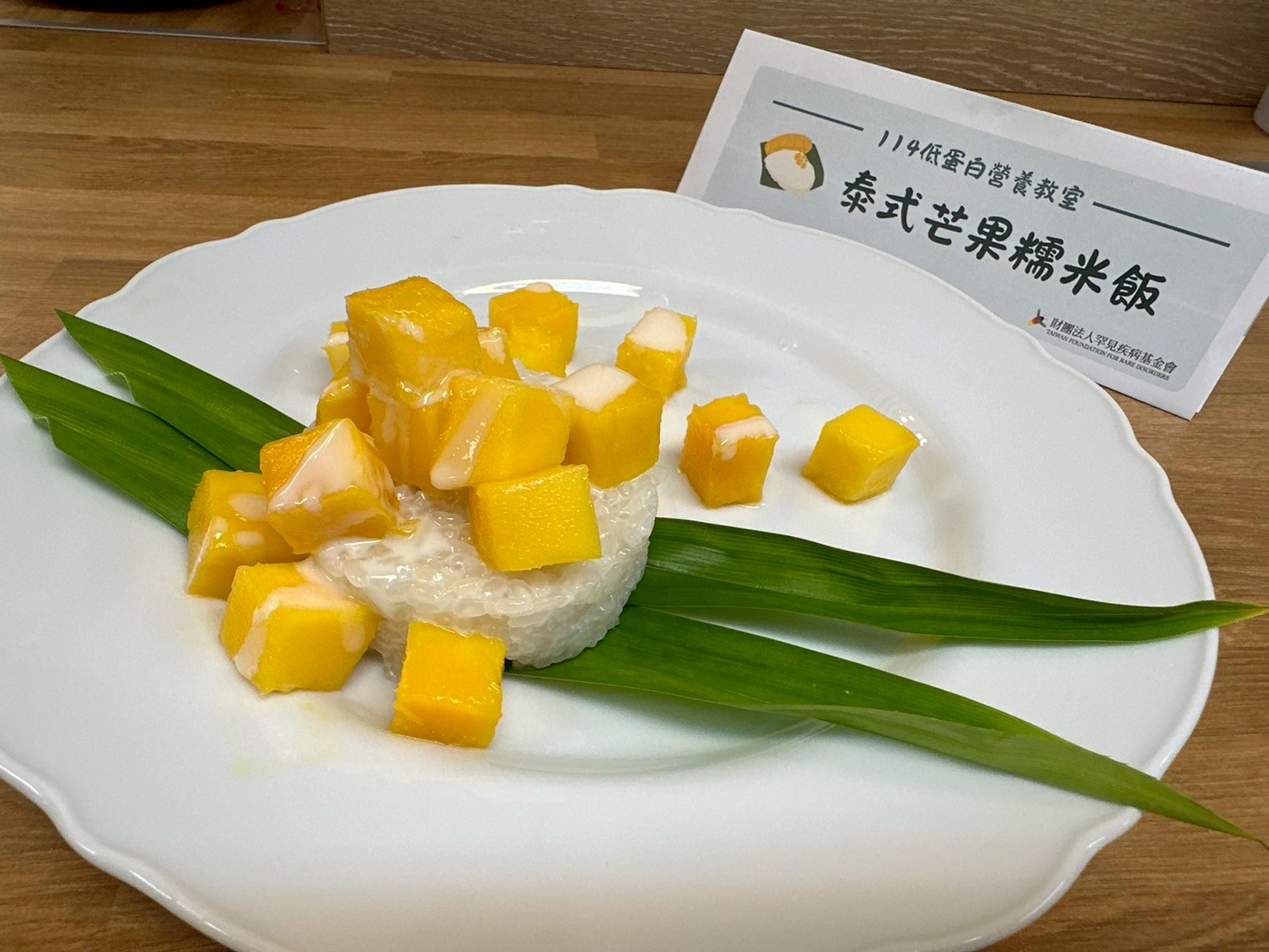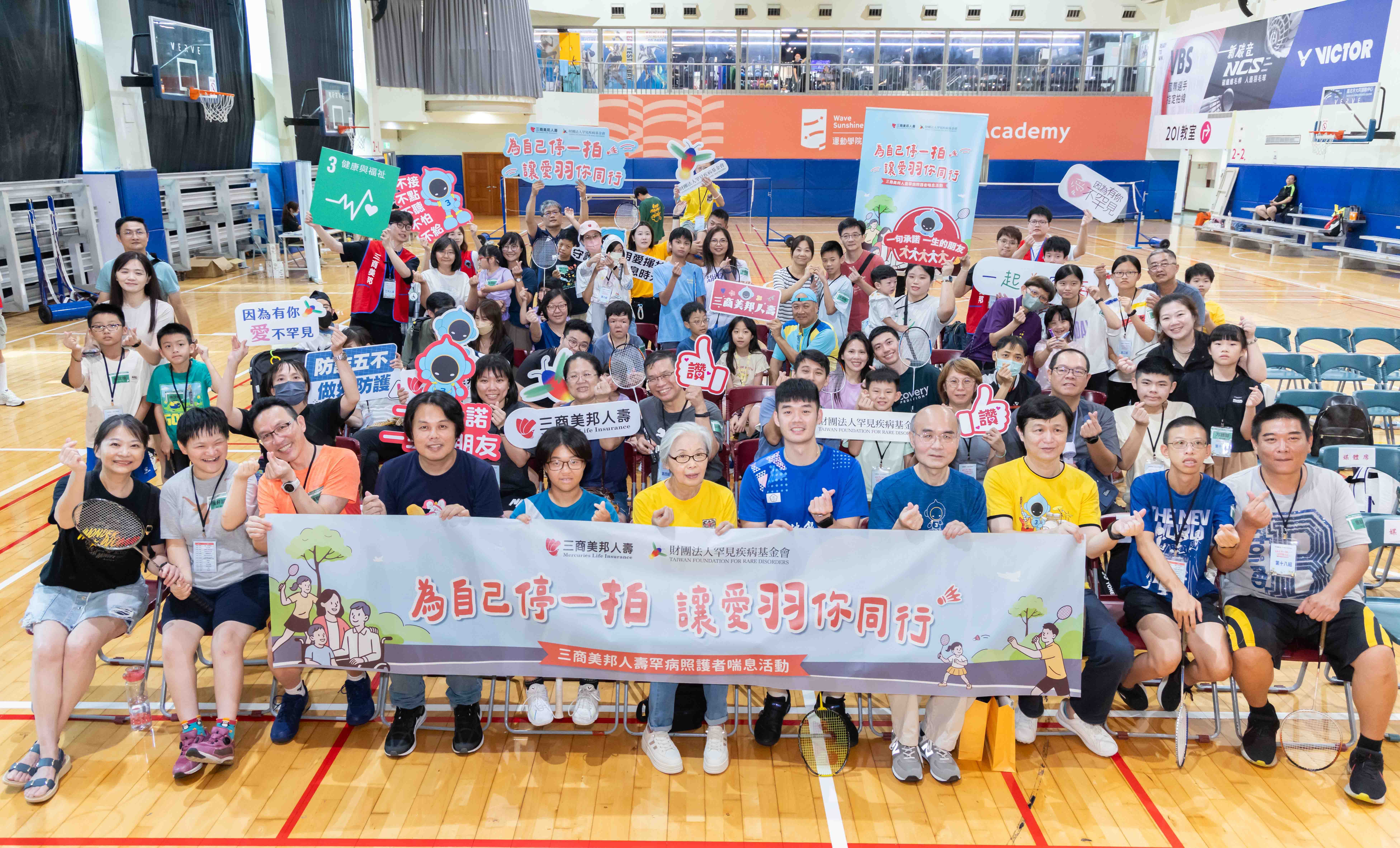News
Network of Care: 9th Annual Asia LSD Symposium
Over 200 physicians and patient organization representatives gathered in Makuhari, Japan for the 9th Annual Asia LSD Symposium, Network of Care: Leading the Way to Successful Disease Management.
TFRD's managing director, Ms. Serena Wu was invited for a speech. Asia LSD Symposium has been held annually in different countries in Asia to address lysosomal storage disorders. It gathers physicians and researchers all over the world. The two-day symposium included plenty of lectures and workshops, divided into seven sessions: Gaucher Disease, Fabry Disease, Coordinating & Monitoring Patient Care, Patients, MPS, Pompe, and Disease Diagnosis. The program covered the latest research and clinical developments for lysosomal storage disorders and therefore increased the exchange of experience in treating patients and medical information among physicians from different countries. Furthermore, it allowed the patients representatives to present their stories and their lives living with rare disease. After the patient testimonial session, the patient groups representatives from Korea (Korean Organization for Rare Diseases), Japan, Hong Kong (Hong Kong Mucopolysaccharidoses and Rare Genetic Diseases Mutual Aid Group) and Taiwan (Taiwan Foundation for Rare Disorders) all shared what their organization has done and their experience in servicing rare disease patients.
Four patient representatives (Gaucher, MPS, Fabry, Pompe) gave powerful testimonials about stories of themselves or their children coping with rare disease. They showed a strong will to live even under the threatening of the diseases. Most of them have experienced a period of waiting and confusion before they receive correct diagnosis. One of the patients was even afraid to tell her family about her physical pain because she didn't want to increase their burden. Their mutual hope is by decreasing the amount of misdiagnosis, many more lives could be saved. They also hope in foreseeable future, new will be developed to treat the diseases.
Ms. Serena Wu, the speaker and moderator of the patient session, used a patient's perspective to view the Physician's Role—When Patient Strive for Their Rights while physicians are given more responsibility such as being a patients' professional supporters, solution providers, medical system reformers and even policy makers in different situations. Physician's roles are key because they can be a tremendous force in reforming the medical system and outspoken for the patients' best interest. Physicians are also important consultants during drafting, establishing and revising the laws. They can influence the distribution of medical resources through the legislative process. As a caretaker for the individuals and their families, the physicians alleviate the anxiety and depression by providing possible treatment, detailed prognosis and counselling. Taiwanese physicians also play an important role in public advocacy and education. In addition, there are three key factors in the success of Taiwan experience: a democratic country with rule of law, a civilized and wealthy society, and an open and free media environment. In Taiwan's experience, physicians' support, professional and objective stance contributed greatly in the different stages, when patient strived for their own rights. Physicians' effort and devotion are precious and invaluable. Mr. Hyun Min Shin, President of the Korean Organization for Rare Diseases (KORD) and Mr. Benedict Tai, Hong Kong MPS and Rare Genetic Diseases Mutual Aid Group representative, both spoke on the activities of their organization to assist patients and families affected by rare diseases.
KORD has taken a similar route as TFRD as patient driven organizations, servicing their patients by public advocacy, lobbying for social welfare and medical resources, providing information, establishing patient support system and encouraging rare disease research. There are total 110 rare diseases reimbursed in Korea. The government covers 80% of the cost and patients covers the remaining 20%. Co-payment is also available for 89 diseases and Korean Ministry of Health and Welfare will cover 20% of the cost.
This symposium allowed people from different countries to meet each other. We are all here to work for a better quality of life for rare disease patients.

